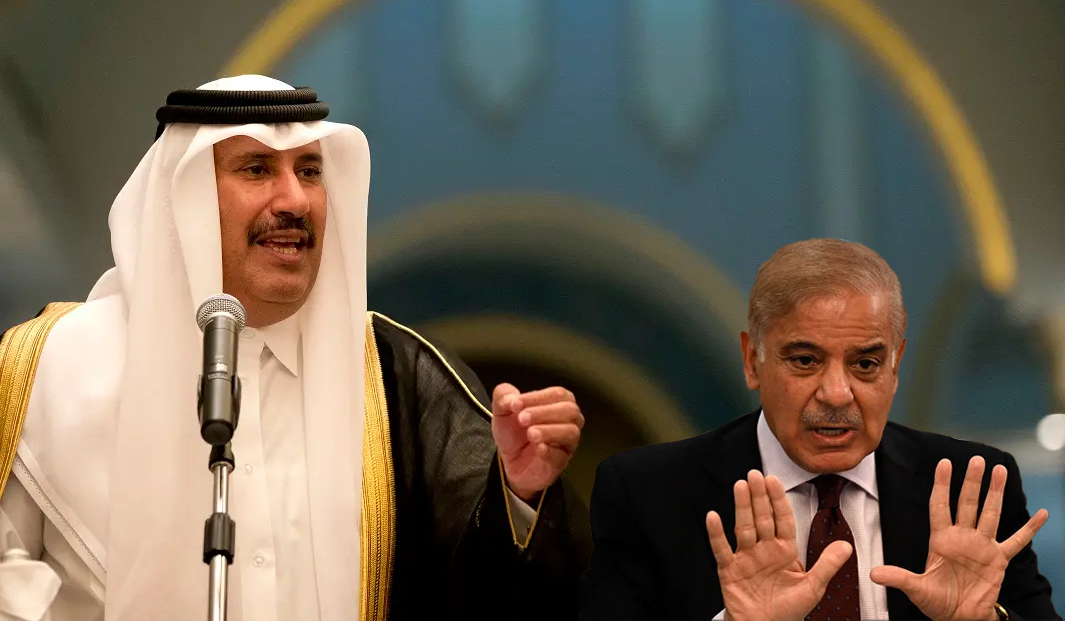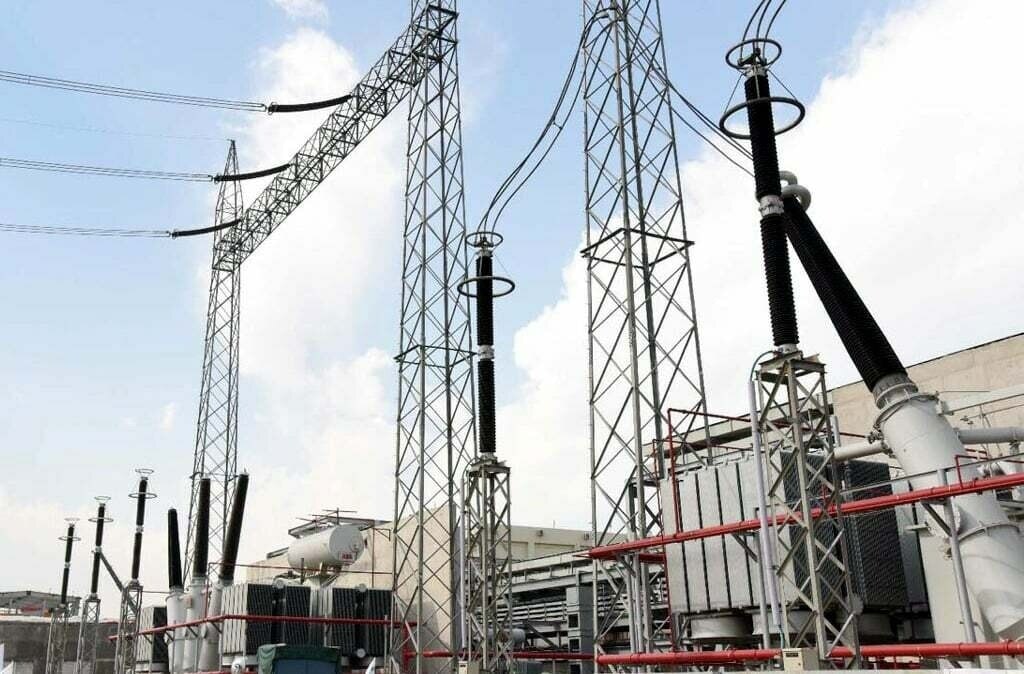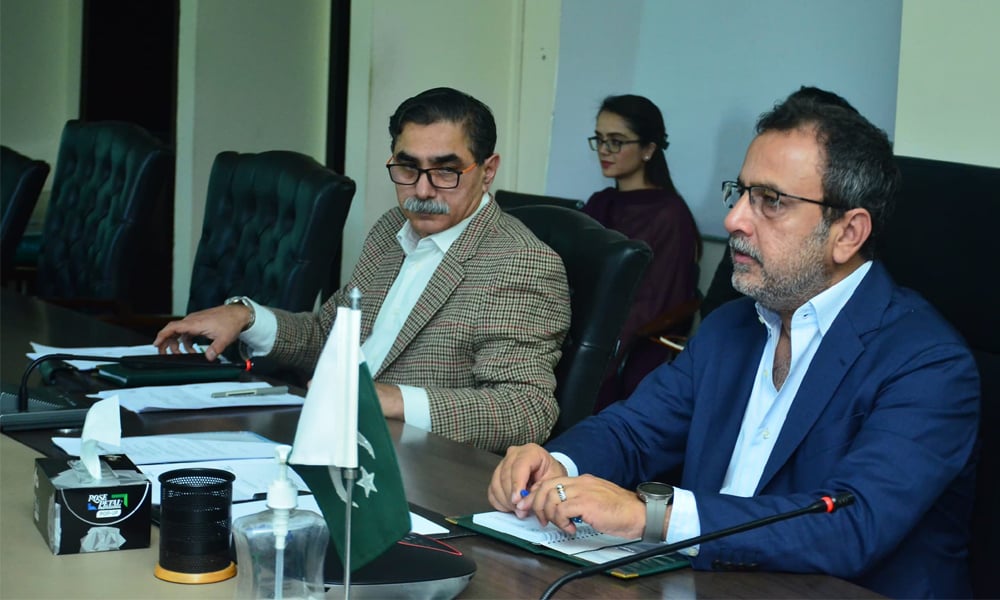Iranian President Dr. Masoud Pezeshkian arrived in Pakistan on Saturday for a significant two-day official visit, marking his first international tour since taking office. His visit is widely seen as a major diplomatic effort to strengthen Iran-Pakistan trade and connectivity amidst shifting regional dynamics.
Dr. Pezeshkian landed at Allama Iqbal International Airport in Lahore, where he was received with full protocol. He was warmly welcomed by Pakistan Muslim League-Nawaz (PML-N) President Nawaz Sharif and Punjab Chief Minister Maryam Nawaz, showcasing the importance Islamabad places on its ties with Tehran.
The Iranian president is accompanied by a high-level delegation comprising Foreign Minister Seyyed Abbas Araghchi, senior cabinet members, and other high-ranking Iranian officials. According to Pakistan’s Foreign Office, the visit will include meetings with President Asif Ali Zardari and Prime Minister Shehbaz Sharif, along with delegation-level talks focused on a broad range of bilateral and regional matters.
Speaking to the media before his departure for Pakistan, President Pezeshkian emphasized trade and economic cooperation as key priorities for his government. He highlighted the potential to expand bilateral trade to $10 billion, expressing strong intent to elevate current economic exchanges to new heights.
He said, “Pakistan and Iran share deep historical and cultural ties. By strengthening economic integration, we can build a prosperous future for both nations.”
Pezeshkian also touched upon the importance of cross-border markets, stating that the two countries could enhance people-to-people and business-to-business connections through regional connectivity projects.
In addition to trade, border security and regional peace will feature prominently in the talks between the two sides. The Pak-Iran border, which stretches over 900 kilometers, has often faced challenges such as smuggling and security incidents. However, both countries have pledged to increase cooperation to ensure stability in the border region.
President Pezeshkian noted, “It is essential for us to maintain peace at our shared borders and defeat any efforts to undermine our sovereignty and Islamic brotherhood.”
President Pezeshkian reaffirmed Iran’s willingness to participate in the China–Pakistan Economic Corridor (CPEC), a flagship project under the Belt and Road Initiative (BRI). He stated that Iran sees CPEC as a strategic opportunity to connect with Central Asia, China, and Europe, thereby unlocking massive trade and infrastructure benefits.
This signals Tehran’s commitment to regional integration, particularly in a post-Israel-Iran conflict environment, where stronger alliances are becoming increasingly essential for regional powers like Pakistan and Iran.
The Iranian president’s trip to Pakistan comes just months after Prime Minister Shehbaz Sharif visited Iran in May. That visit, part of Sharif’s regional outreach following heightened tensions with India, included meetings with Iran’s Supreme Leader Ayatollah Seyyed Ali Khamenei and then-President-elect Pezeshkian.
Discussions during the May visit focused on Iran’s mediation role during the Indo-Pak conflict and the need to revive dormant regional cooperation mechanisms. Saturday’s talks are expected to follow up on those discussions and lay the foundation for pragmatic, long-term cooperation between Tehran and Islamabad.
In his remarks before landing in Pakistan, President Pezeshkian strongly criticized external actors trying to sow discord between Muslim-majority countries. “Attempts to weaken Pakistan-Iran Islamic unity will fail. We are bound by faith, geography, and a shared destiny,” he stated.
This message is particularly significant given recent global and regional events, including tensions with Israel and economic sanctions on Iran. The Iranian leadership views Pakistan as a reliable partner in its efforts to resist Western pressure and build a multi-polar regional order.
Iran and Pakistan are also expected to explore joint energy projects, including plans to extend the long-delayed Iran-Pakistan gas pipeline. Additionally, special attention will be paid to establishing cross-border economic zones, streamlining customs procedures, and improving transport links.
Diplomatic observers note that the visit could lead to the signing of new memoranda of understanding (MoUs) in trade, energy, and infrastructure.




